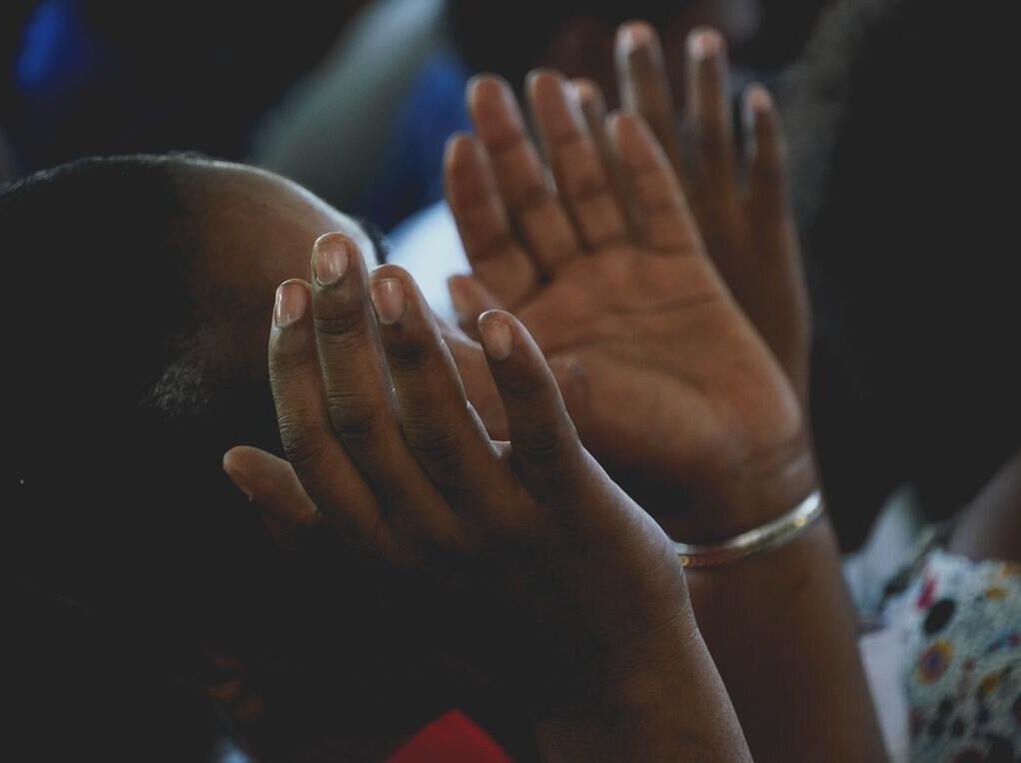|
|
|
Scholarship on the different ways that international development is understood, accessed and engaged by various communities, is often contextualised by analyses of how these complex practices are communicated to (and received by) audiences. This includes established motifs of poverty and social deprivation in visual discourses of ‘charity’ and ‘need’ that abound literature, film, television and the social media of western democracies. Indeed, insights have also been drawn from quantitative and experimental measurements of people’s philanthropic propensities and attitudes towards ‘distant others’. While these are well established, less considered are the broader understandings of development that are informed by religion and faith subjectivities, especially for African diaspora communities engaged in international and local forms of development. Addressing this gulf in knowledge has important implications for the scholarly and programmatic application of development and attendant policy recommendations. This is especially true when recognising African diaspora identities as critical for engendering particular forms of cooperation and alliance with religious members of these communities. So too, how and to what extent their religious orientations shape and determine their different priorities, strategies and traditions of ‘help’ and ‘giving’ in and for their countries and communities of heritage.
As such, are we to assume that religion(s) and faith identifications are inconsequential or secondary to how diasporas participate in and negotiate understandings of international development? Or are they much more significant and constitutive than we think? Is there space for religiously informed interpretations of international development that move beyond its definitional and operational preoccupation with technocratic rationality to allow for new and extended conceptual possibilities? All these speculative questions and theoretical possibilities constitute the intellectual space within which my Identities article: '"An outward sign of an inward grace": how African diaspora religious identities shape their understandings of and engagement in international development’, is concerned.
Using first-and-second-generation London-based Christian and Muslim Nigerians, as a case study, the article reveals that religion, religious identities and ‘narratives of faith’ are all instrumental for understanding how these diaspora communities, as development actors, assign meaning to and participate in international development. This is best understood in their religiously moralised evaluations, rationalities and theological obligations for engaging in development-related activities largely in the form of private remittances and allied non-monetary contributions and services to Nigeria and continental Africa more generally, via their places of worship.
That is, for Nigerians, their Christian and Muslim identifications provide the theological and doctrinal foundation and vocabulary through which they articulate (and demonstrate) their interpretations of/for international development. These faith(ed)-vocabularies of development are undergirded by and organised around embodied discourses of humanitarianism, compassion, and justice. The significance of this religious moralising by Nigerians also extends to their conceptualisations of their development activities as 'consecrated acts' operating within systems of meaning and practices associated with and constituted by, moral expectations and cultural obligations that frame and which signify their religious and faith orientations. Within this frame, development is dually understood by Nigerians as a ‘performance’, practicality or an ‘action-ing’ of their religious-faith identities and of their embodied ‘religious selves’. Certainly, these communities conceive religion and their religious selves as not just significant for development practice but as development itself. Consequently, my article calls for a (re)theorisation of international development that affords space to alternative articulations that necessarily include transnational Afro-religious diasporic performativity.
Blog post by Edward Ademolu, The London School of Economics and Political Science, UK
Read the full article: Ademolu, Edward. 'An outward sign of an inward grace': how African diaspora religious identities shape their understandings of and engagement in international development. Identities: Global Studies in Culture and Power. DOI: 10.1080/1070289X.2020.1813462
0 Comments
Your comment will be posted after it is approved.
Leave a Reply. |
|
Explore Identities at tandfonline.com/GIDE |
|
The views and opinions expressed on The Identities Blog are solely those of the original blog post authors, and not of the journal, Taylor & Francis Group or the University of Glasgow.

